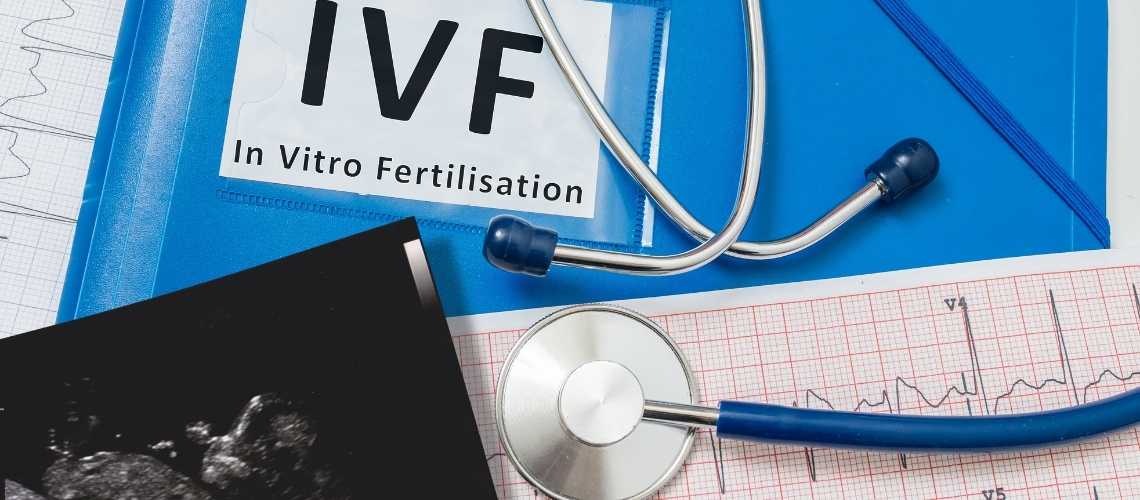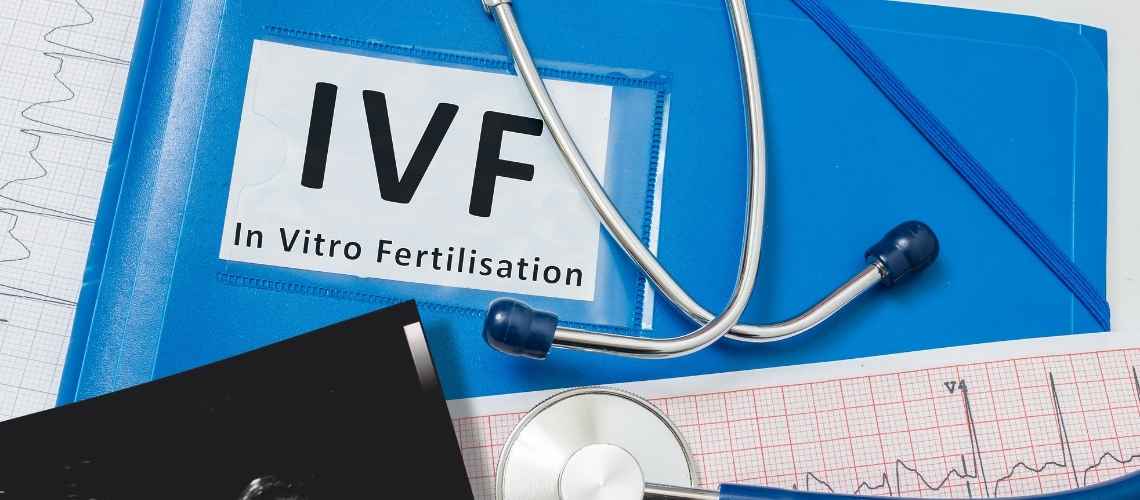Obstetrics and Gynecology Boards teach and certify medical professionals as fertility specialists. After completing their first training, these professionals pursue additional training to become experts in diseases, medical procedures, and therapies relating to male and female fertility.
Reproductive Endocrinology and Infertility (REI) physicians are experts in infertility. These experts offer a wide range of treatment options, offering each patient the chance to become the parent they should be, in addition to conducting in-depth evaluations of people to identify the underlying causes of their infertility. Making the initial call to schedule an appointment with a fertility doctor is one of the toughest obstacles for many couples who are having difficulty getting pregnant. (1)
Your fertility doctor can diagnose both male and female patients for problems that cause infertility. Reproductive professionals can also create a more personalized plan for fertility treatments based on what is causing infertility. (2)
What is the expertise of fertility doctors?
Following testing, which may vary from patient to patient, your doctor will have a better understanding of the underlying problems and be able to direct you toward the course of action that best suits your requirements. Here are some of the treatments:
Ovulation induction therapy:
A procedure in which ovulation is medically induced using oral or injectable medications to help a female patient produce eggs and increase her chances of pregnancy.
Intrauterine insemination (IUI):
To do this treatment, the sperm is taken out of the seminal fluid and put through a catheter into the uterus. With increasing the number of sperm cells delivered, increases the chance of conception. Drugs that induce ovulation may also be used.
In vitro fertilization (IVF):
The eggs are extracted by a simple surgical operation after drugs are provided to increase egg production. The sperm and eggs are then carefully mixed in a lab. The resultant embryo or embryos are subsequently placed inside the uterus.
Gamete intra-fallopian transfer (GIFT):
A procedure in which the eggs are taken out of the ovaries and put into the woman’s fallopian tubes combined with the man’s sperm.
Tubal reversal:
A surgical procedure that can restore fertility to a woman who has had a previous tubal ligation.
Testicular sperm extraction (TESE):
A fertility treatment in which sperm is removed from a man’s testicles if he has little or no sperm in his ejaculate. (3)
What services do fertility specialists offer?
The experience of each couple receiving fertility treatments is different. To help you start a family, your fertility specialist wants to make sure you receive the greatest available care and treatment. When you and your partner set up a consultation, there are numerous fertility services available.
- IVF with genetic testing
- Egg freezing and storage
- Infertility Acupuncture and Oriental Medicine
- Complex IVF treatments including egg donor and surrogacy options
- Embryology services
To learn more about our practice and discover which treatment might be right for you, it’s helpful to talk to your fertility doctor. (4)
What Does an OB/GYN Do?
Obstetricians and gynecologists are referred to as OB/GYNs. This specialist specializes in women’s reproductive health. Your obstetrician and gynecologist can provide you with advice and assist with your general health when you see her before becoming pregnant.
However, if you are over 35, have been trying to conceive for more than 12 months, or have been diagnosed with a condition that could cause infertility, your obstetrician cannot help you beyond that point. They’ll probably suggest that you get help conceiving from a fertility doctor. (5)
Preconception Counseling
Fertility doctors play a crucial role in guiding individuals or couples through the journey towards conception. Initially, they conduct a thorough review of the family medical history. This step is essential for uncovering any genetic conditions that might affect the pregnancy. Furthermore, they provide invaluable advice on lifestyle modifications to enhance pregnancy health. Such recommendations typically include:
- Taking folic acid supplements
- Achieving and maintaining a healthy weight
Moreover, these specialists discuss the role of fertility medications. These drugs are pivotal for regulating ovulation or addressing conditions like Polycystic Ovary Syndrome (PCOS). Additionally, they delve into the available prenatal testing options. These tests are vital for detecting chromosomal abnormalities in the fetus. Beyond the physical aspects of conception, fertility doctors offer emotional support. This aspect is particularly significant as the process of trying to conceive can be emotionally taxing. Thus, their guidance encompasses both the physical and emotional well-being of their patients, ensuring a comprehensive approach to preconception counseling. Through this multifaceted support, fertility doctors empower their patients, equipping them with the knowledge and resources needed for a healthy pregnancy journey.
Source:
Greil, A. L., Slauson‐Blevins, K., & McQuillan, J. (2010). The experience of infertility: a review of recent literature. Sociology of health & illness, 32(1), 140-162.





